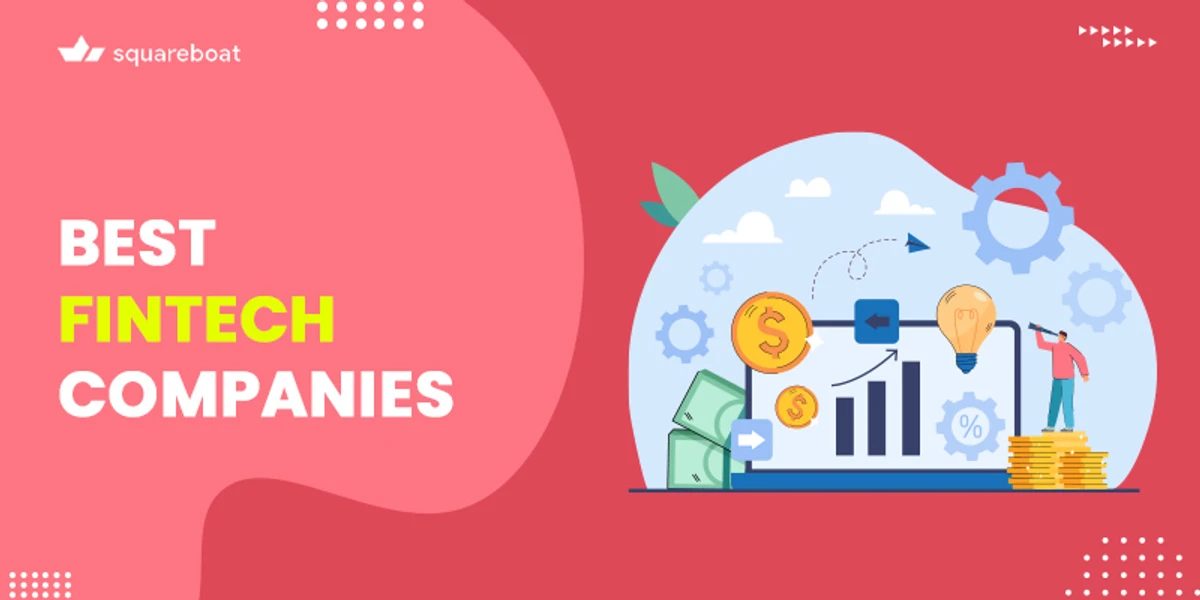India celebrates the spirit of entrepreneurship and innovation throughout its length and breadth. Even though 2022 wasn’t one of the best years for startup culture, 2026 brings new hope, especially in the fintech sector.
The last three years have seen an anomaly, and the startup ecosystem is slowly getting back on its feet. Companies are making much better relations with one another. We are also seeing diligence cycles being stretched to the maximum. As a result, investors are now getting more comfortable entering a new investment space as they are more knowledgeable and fully prepared for it.
As a Fintech startup, one must consider being innovative and sustainable in the long run. This is because one cannot control the effects of the geopolitical climate that always pose some threat or an exogenous shock on the market. But even in such hard times, some fintech startups can find success.
10 Best Fintech Companies & Startups in India
Today, with this article's help, we aim to bring those fintech startups to the limelight they all deserve.
1. Razorpay
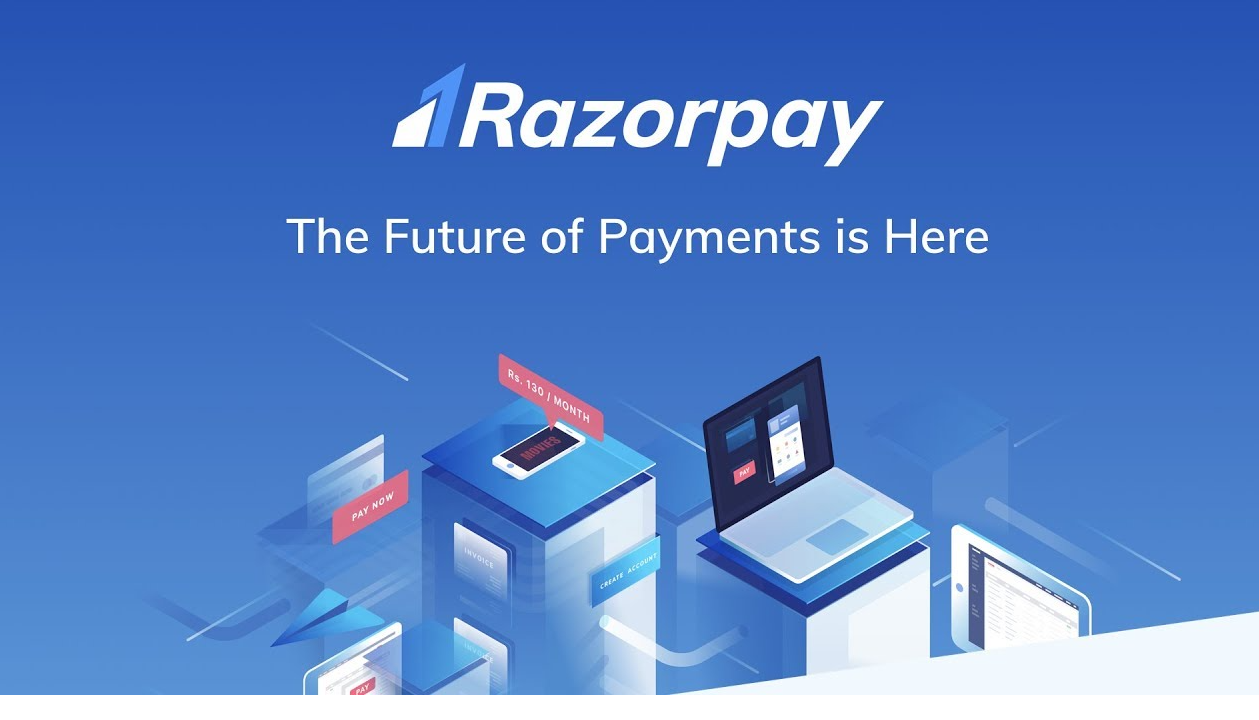
Market Capitalization: $7.5 billion
It is a payment gateway developed in Bangalore, India. In addition to providing a payment gateway to its customer, the company also gives tons of products such as checkout page tools, automated vendor payment solutions, virtual accounts for ease, and others. The main motive behind creating it was to make a developer-friendly API that could be easily integrated. With the implementation of Razorpay, one can quickly disburse online payments while owning a fully functional current account.
Furthermore, it is one of the first home-grown payment solutions in India that makes it possible for businesses to accept, process, and disburse payments from the same product suite. Besides this, a user can access various payment methods, such as credit cards, debit cards, net banking, UPI, and other popular wallets.
2. Stripe
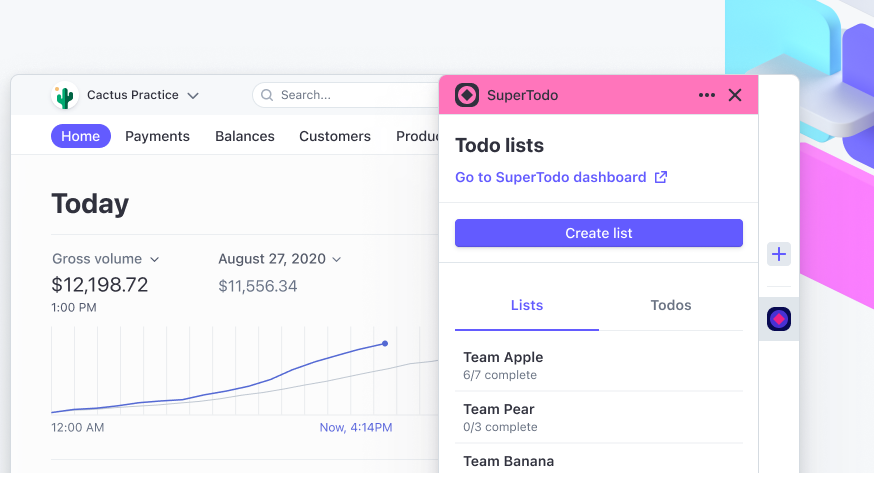
Market Capitalization: $95 billion
Stripe is another payment service provider that allows merchants to accept credit and debit card payments. It is best suited for online businesses, whether big or small.
Most features built into Stripe are primarily geared up to help online sales. It is also audited and certified as a PCI compliance level 1 service provider. As a result, it regularly goes under security scans and tests.
Moreover, putting your credit card information in the Stripe portal will encrypt the data and decrypt the same separately. This form of encryption even makes Stripe not see any information related to a customer without them having to take extra steps and breach security. Every transaction takes place using an HTTPS network.
Many large brands like Lyft, Amazon, Shopify, and even Pinterest use Stripe. These companies claim over 90% of personal credit card information has been processed via Stripe’s software.
3. Jar

Market Capitalization: $32 million
Jar caters to the needs of Indians who believe in gold investment. The two founders, Nishchay AG and Misbah Ashraf, have created an application that allows users to invest in gold anytime they want from their smartphones.
The company was founded in 2021 in Bengaluru. Users can quickly invest their daily savings by taking spare change from their online transactions and automatically investing it in digital gold. With the use of the Jar app, users are always saving some bit of the amount when they are making transactions through it.
The application rounds off a user's spending to the nearest ten and then invests the same amount in gold. In addition, it provides users with a fixed amount of deposits. So, users can invest a specific amount daily, monthly, and even quarterly based on their requirements.
Lastly, the gold investments done in Jar are always backed by physical gold of the same amount, and users can choose whether to withdraw the gold or liquidate it at any time.
4. M1 Finance
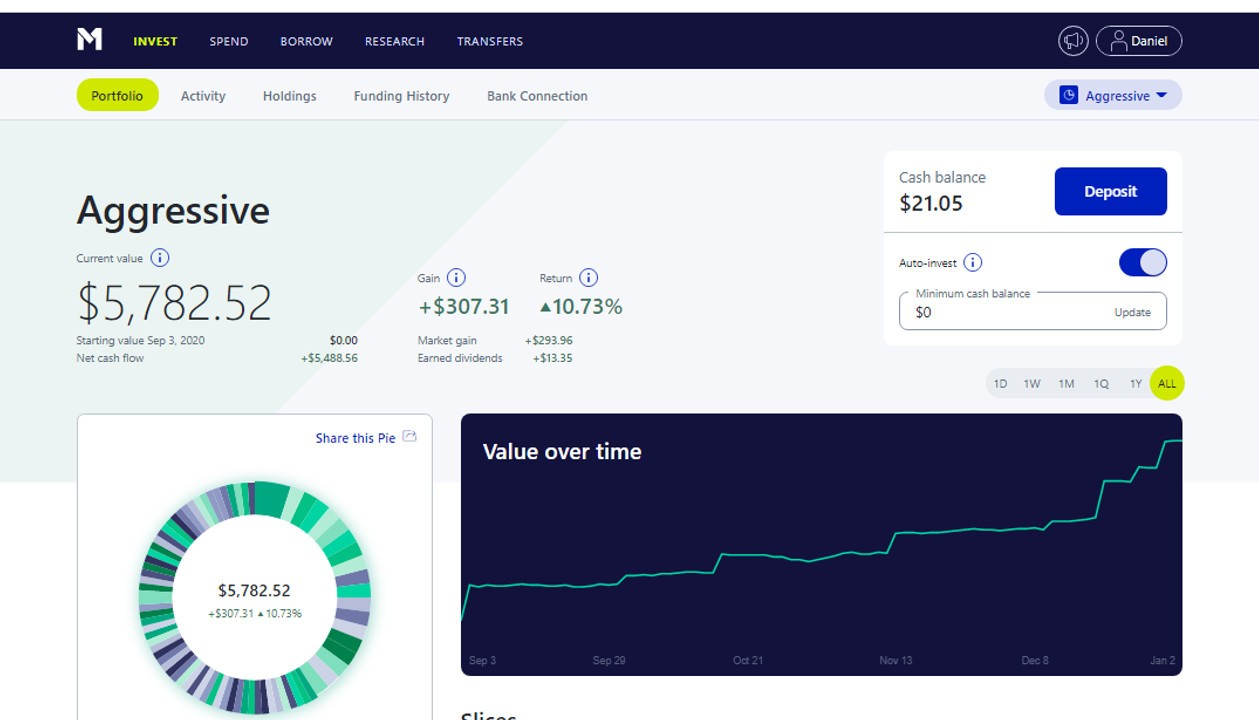
Market Capitalization: $1.45 billion
M1 Finance is one of the leading service providers of automated investing, including extensive portfolio customisation. The company also allows borrowing and spending features on its platform.
There are more than 60 pre-built portfolios called “pies.” You can check them out to grow your portfolio or work on a new strategy from the beginning. The developers of M1 Finance target individuals who have previous experience in investing and are now looking to automate their strategies.
M1 Finance allows you to customise your strategy by adding personal preferences, risk appetite, and diversification goals. It doesn’t charge any fees for investment management or even trading. As a result, M1 Finance uses the dollars you give solely for investment and nothing else. The company was started in 2016 in Chicago. M1 Finance initiated its work with about $1 billion in client assets. Over the past 7 years, the company has successfully added more customers and managed over $5 billion in assets.
5. BharatPe
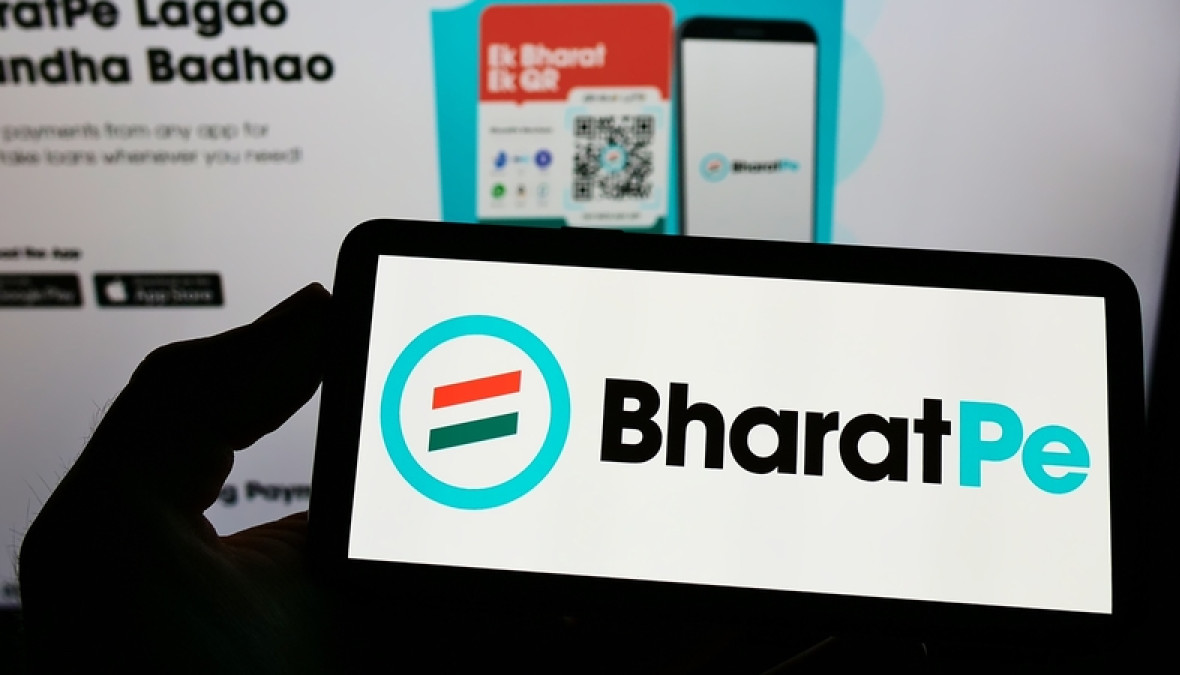
Market Capitalization: INR 199.23 crore
Co-founded by Ashneer Grover and Shashvat Nakrani in 2018, BharatPe is known to be a genuine Indian fintech company that pioneered the concept of Unified Payment Interface (UPI) payments and digital money lending for merchants. A single QR code allows a business to accept payments from multiple UPI applications such as PayTm, BharatPe, GooglePay, PhonePe, and more.
Over time, the company expanded its services and started providing loans to customers and small businesses across the medium. It has made a revenue of $93.33 Mn in the financial year 2021.
Besides, the company holds ownership of a peer-to-peer lending platform known as 12% Club. It also launched the Digital Gold product in 2020, allowing customers to transact 24-carat gold with 99.5 purity.
6. Klarna
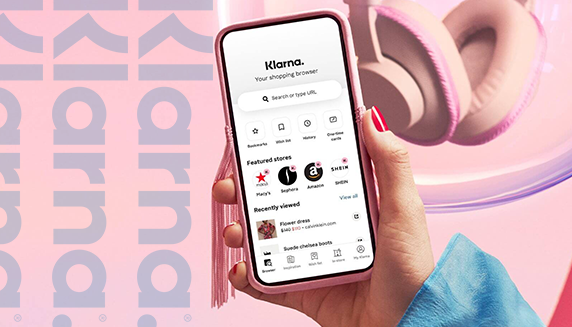
Market Capitalization: $6.7 billion
Klarna is a Sweden-based fintech company that provides financial services to its customers. Its significant features include making direct payments, payments for online stores, and post-purchase payments. In addition, users can take advantage of the buy now and pay later method by availing of instalment payments that are spread over time according to the customer’s flexibility to make the payment.
Moreover, you can fully pay for the loans you have taken in the next 30 days with no pre-closure payment. Or even if you go with four instalments, you still don’t have to pay anything extra for interest.
The minimum purchase for using Klarna is $10, with no set credit limit. Users can check their individual “Purchase Power” to find out how small an amount they can spend in credit to purchase. The more often you use Klarna to make payments, the larger your Purchase Power will be.
7. Cash App
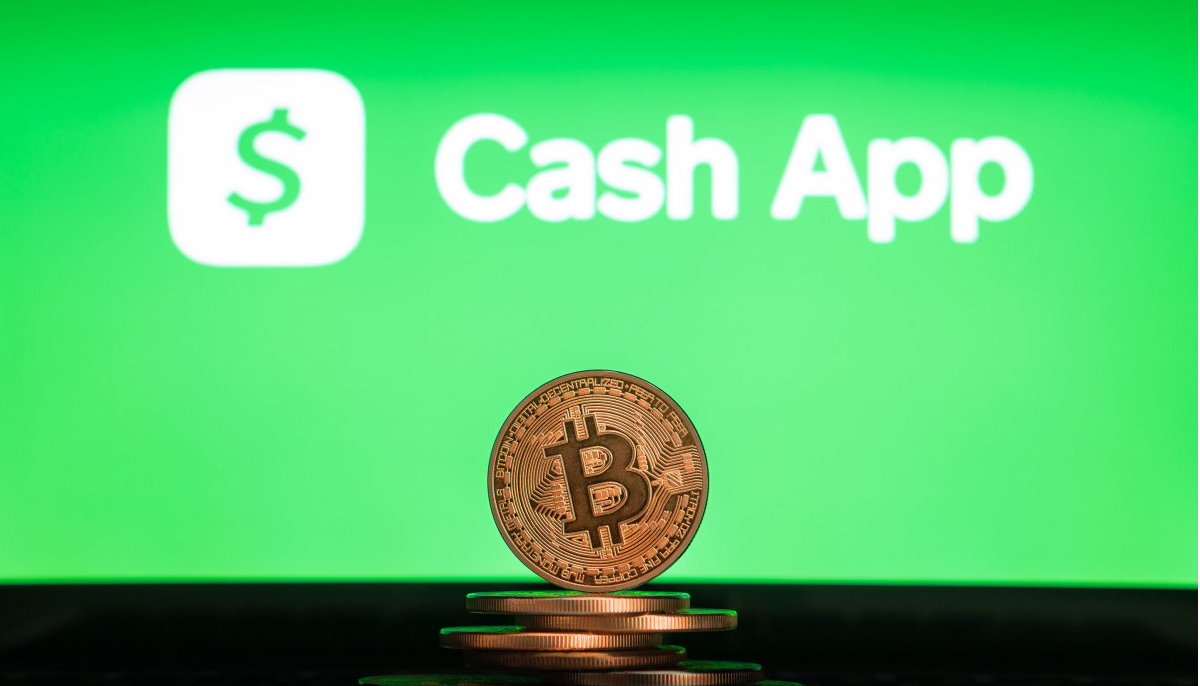
Market Capitalization: $138 billion
Cash App is a peer-to-peer payment app that was developed in the US. People can easily send and receive money from friends, family, and others. The only thing lacking with it is mobile banking.
The Cash App is a more competitive peer-to-peer solution than Venmo, which provides a virtual safe place for people to put their funds. The main motive for creating Cash App was to do a one-step payment service with no extra frills. But over time, the company added a few features to cater to a much larger audience. Cash App also added Bitcoin trading in 2018 to accelerate its revenue generation. This update allows users to buy, sell, and transfer Bitcoin to other digital wallets. This can be done without the transaction times and costs associated with the Bitcoin marketplace.
More interestingly, 76% of the total revenue Cash App accumulated in 2022 came from Bitcoin transactions. The latest addition to the roaster of features in Cash App is zero commission stock trading that can be done straight from the app.
8. Robinhood
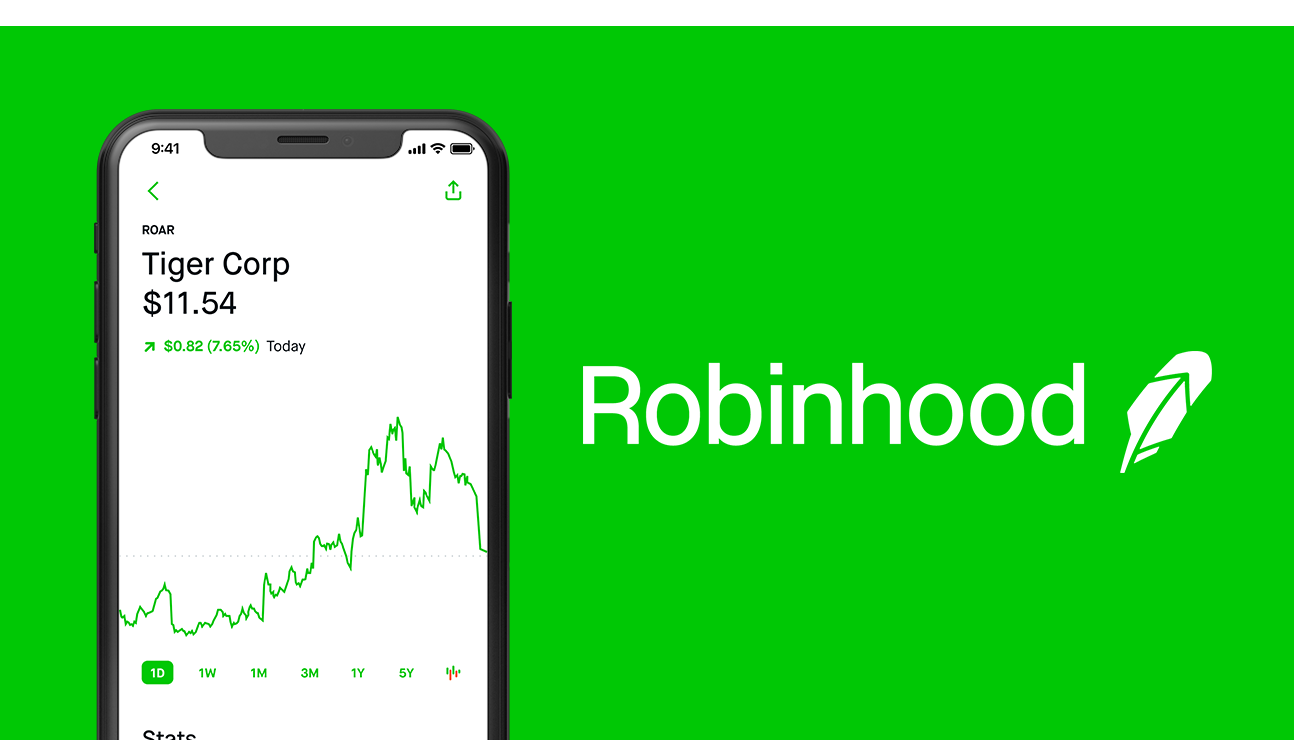
Market Capitalization: $8.27 billion
Robinhood operates a discount brokerage that also provides commission-free trading. It has mobile and web-based applications from which users can buy and sell their stocks. Moreover, this app allows users to invest in certain types of cryptocurrencies.
The app can capture its revenue by payment for order flow. This means it routes its customer’s order through a market maker, which makes the trade happen and then compensates Robinhood for the business at a fraction of a cent for each share. The company earns a large part of its revenue from its Robinhood Gold services, fees related to its debit card, and multiple small revenue streams.
At the end of 2022, Robinhood announced that they would soon start a new segment of service known as retirement accounts. This service is now live, and anyone using Robinhood can create their own retirement account to save for the future.
9. Rapyd
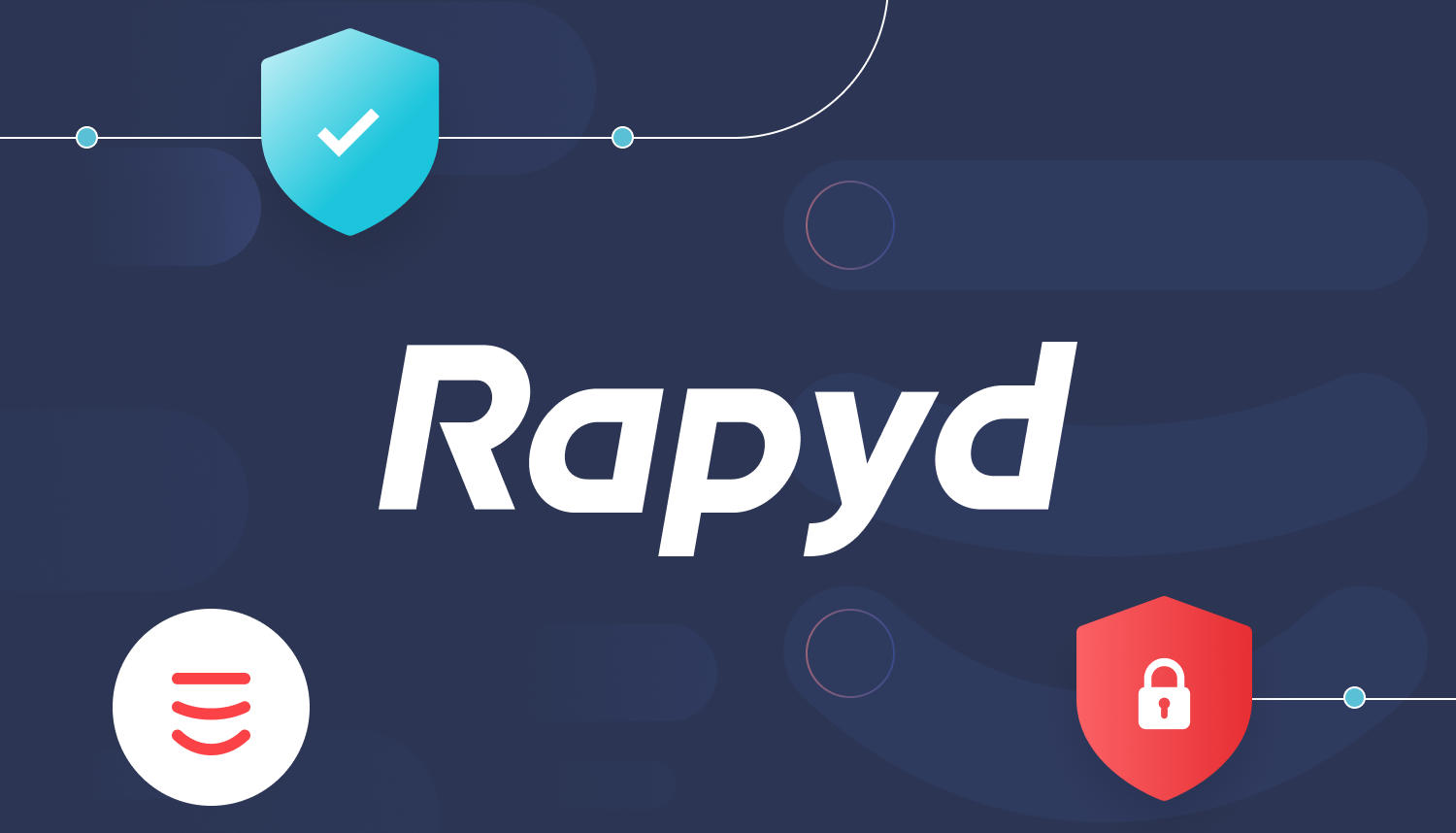
Market Capitalization: $8.75 billion
Individuals with international credit or debit cards can take significant advantage of Rapyd. This is because it allows them to localise e-commerce websites easily. As a result, for both businesses and customers, it is successfully building a bridge to reach new markets all over the globe.
With Rapyd, businesses can accept payments from international customers from over 100+ countries. It uses multiple payment methods for local transactions, such as cards, banks, eWallets, and cash.
This is a one-stop platform for businesses to easily collect, hold, and send funds in various currencies. The founders of the company were looking for a way to develop a wallet that could compete with PayPal and dethrone its monopoly.
Further, the company is on the run to acquire other small financial firms to strengthen its platform. They recently acquired two Icelandic credit card companies and a Hong-Kong based Neat.
10. SoFi

Market Capitalization: $5.32 billion
SoFi Technologies is a financial service provider that operates in three segments – a lending platform, technology services, and financial services. Hence, you can borrow, save, spend, invest, and protect money with SoFi.
Furthermore, the company deals in financial services such as personal loans, student loans, and home loans. Also, it works on multiple side projects like Galileo, a technology platform offering financial services, including brokerage to various businesses.
There is SoFi Invest, a mobile investment platform that makes it possible for users to quickly access trading and advisory solutions when it comes to trading.
Wrapping Up
There has been a significant revolution in the Fintech industry in the past decade. The inception of various apps has transformed the way people transfer cash, take loans, invest in stocks and gold, and other use other financial services. Fintech companies have made it possible and brought the once unimagined advancement level.
Further, these companies and startups are working on the latest cutting-edge technology and experimenting with new business models to acquire more ground in the market. That’s why in the coming years, we can surely see a massive increase in revenue of the fintech sector.
